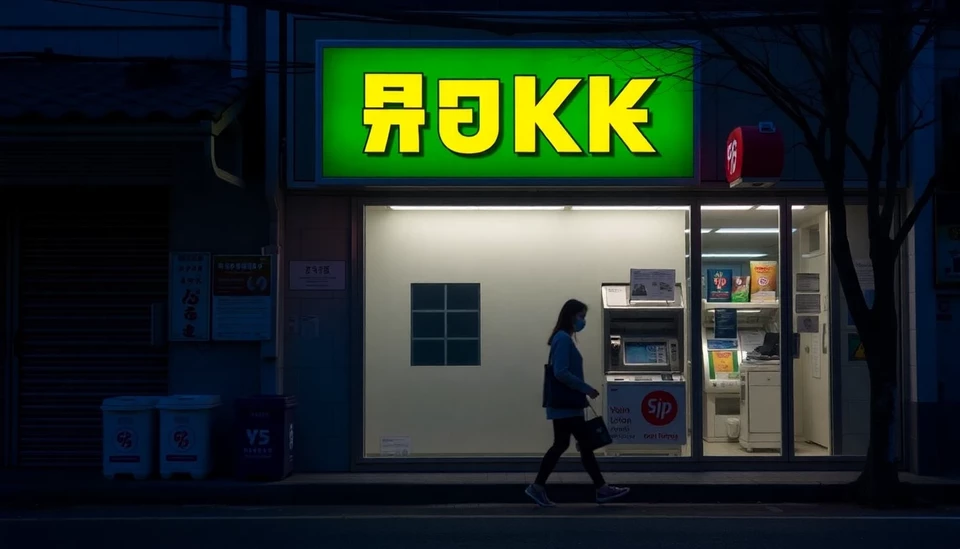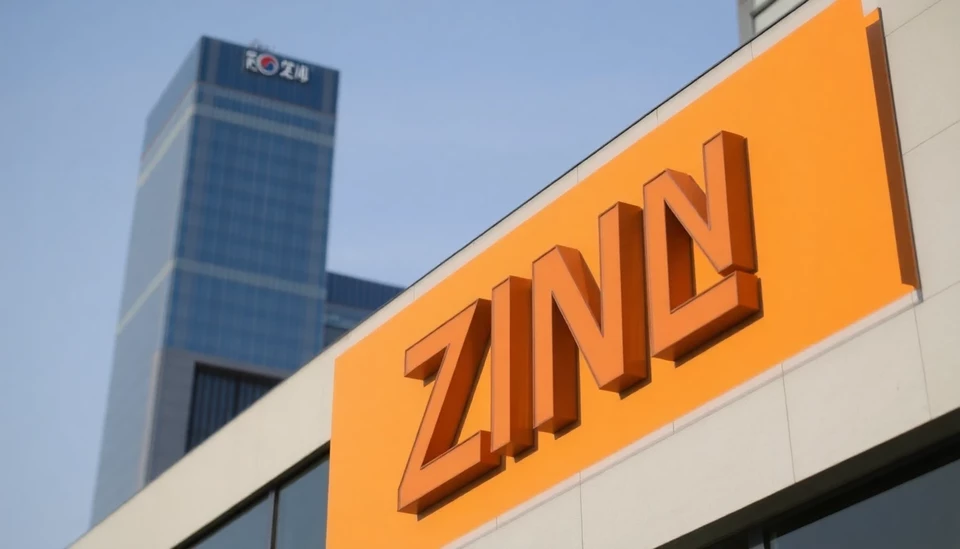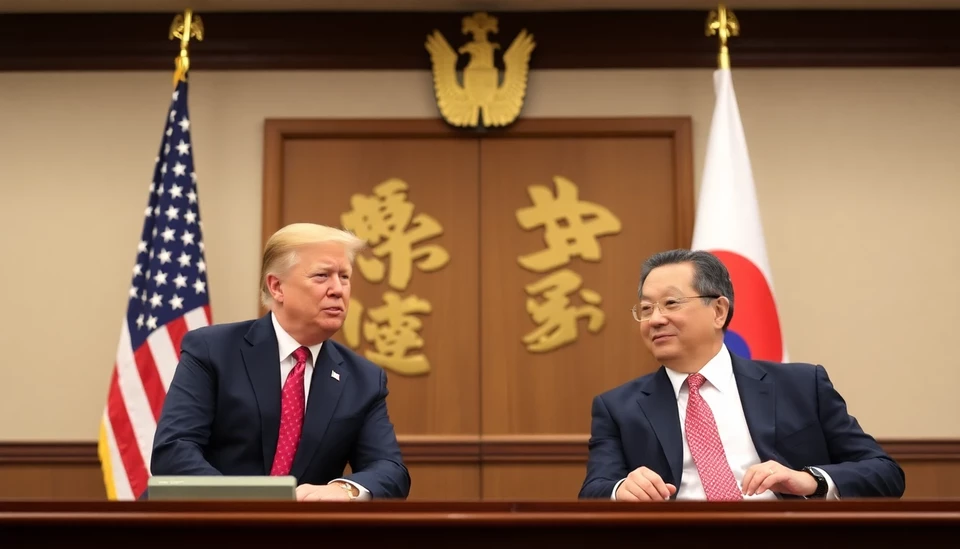
Recent data from the Bank of Korea (BOK) reveals a promising decline in household loans, a development that is likely to alleviate concerns surrounding mounting household debt in the nation. As of January 2025, total household loans in South Korea saw a decrease of 3.5 trillion won ($2.7 billion), reaching a total of approximately 1,894 trillion won. This marks the first contraction in household lending figures since August 2021, reflecting substantial shifts in consumer behavior and market conditions.
This reduction in household loans comes amidst a backdrop of fluctuating interest rates and ongoing efforts by the BOK to stabilize the economy while addressing inflationary pressures. The central bank's measures, including rates hikes aimed at tempering the housing market, appear to have begun taking effect, as individuals are reportedly becoming more cautious regarding borrowing. With interest rates currently set at a decade-high of 3.5%, many citizens are opting to limit their debt exposure, thus contributing to the overall decline in loans.
In parallel, the broader economic landscape has prompted a gradual shift in spending habits among South Korean households. As the cost of living continues to rise, consumers are adjusting their financial strategies, focusing on essentials rather than large-scale investments or expenditures. This has led to increased savings rates, allowing individuals to prioritize financial stability over high levels of debt.
Experts view these developments as a positive indicator of South Korea’s economic resilience and caution among consumers. The decline in loans reduces the risk of a potential debt crisis, which has often been a concern given the rapid rise in household debt observed over the past few years. According to BOK officials, the careful approach to spending and borrowing among consumers could pave the way for improved financial health across households in the long term.
Despite this welcome reduction, analysts remain vigilant, pointing out that the risk associated with excessive household debt still looms large, especially if interest rates remain elevated over an extended period. The BOK is likely to continue monitoring these trends closely, balancing the need for economic growth with the imperative of maintaining a sustainable debt level among households.
In light of these developments, South Korea's economic outlook remains cautiously optimistic. With the central bank set to review its monetary policy strategies in response to these changes, further adjustments may be anticipated depending on global economic conditions, inflation rates, and consumer sentiment moving forward.
#SouthKorea #HouseholdLoans #BankOfKorea #EconomicUpdate #DebtManagement #FinancialStability #ConsumerBehavior #InterestRates
Author: Laura Mitchell




